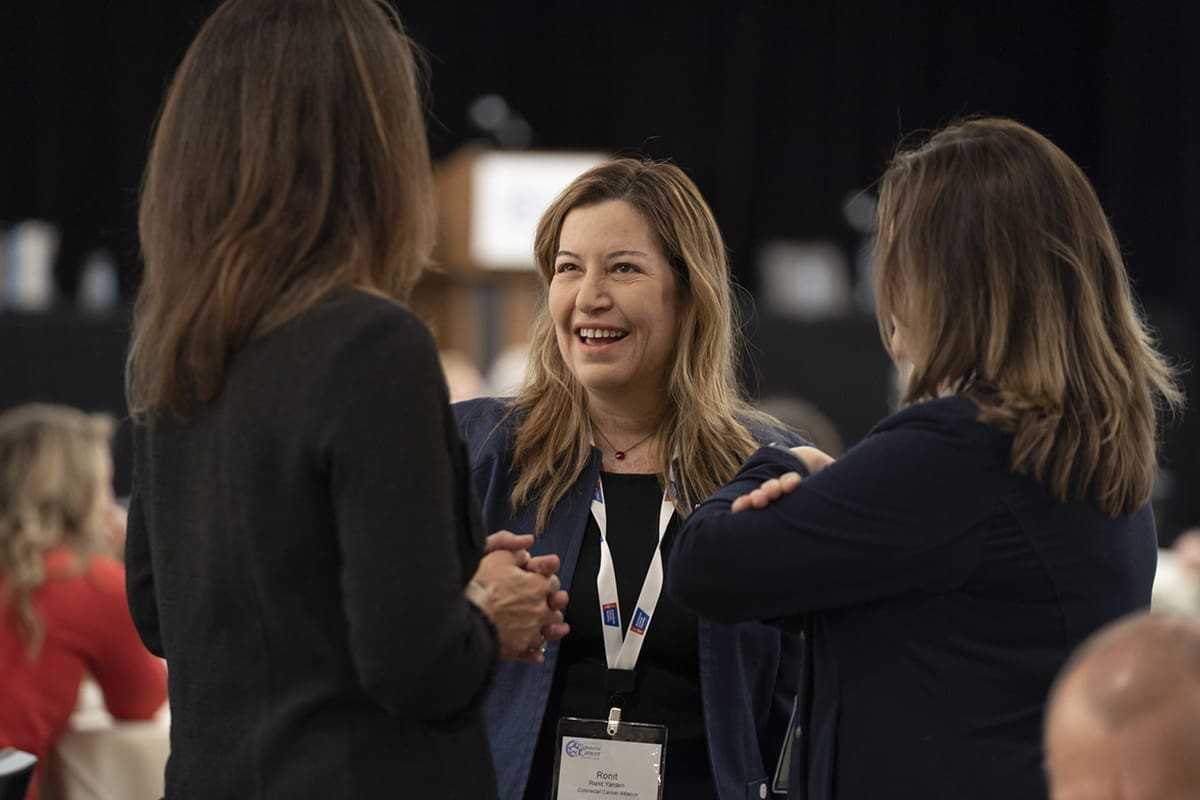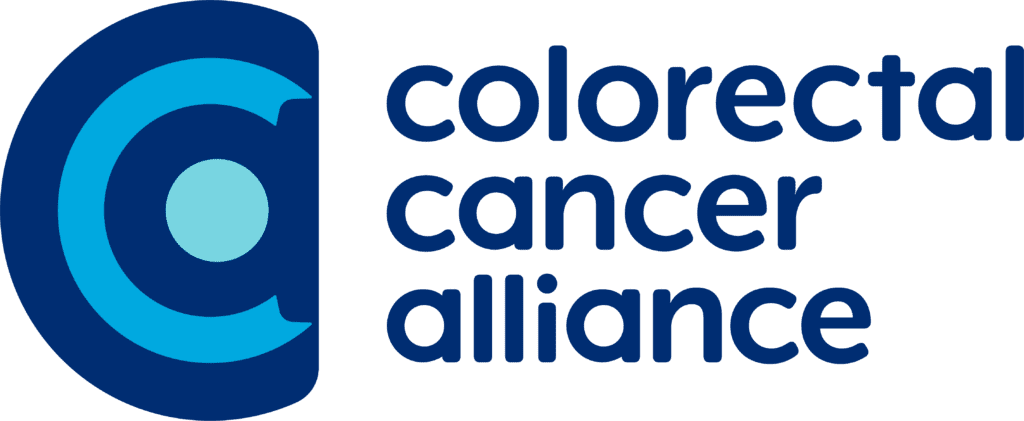2017 NCCRT Annual Meeting

December 6-8, 2017
Doubletree Hilton
Bethesda, Maryland
Each year the NCCRT membership, a collaboration of over 100 medical, advocacy, government, and corporate organizations, convenes to work together on our shared goal to increase colorectal cancer screening awareness and utilization, thereby reducing deaths from this highly preventable and curable disease.
This year our focus was on ramping up our efforts to reach 80% of adults ages 50 or older screened regularly for colorectal cancer. We’ve made tremendous progress, but we must keep our momentum strong through 2018.
The 2017 NCCRT Annual Meeting featured presentations by nationally known experts, thought leaders, and decision makers on colorectal cancer screening policy and delivery, with ample opportunity to network and learn from each other. Visit the “Agenda-at-a-Glance” below to view the agenda, including links to many of the presentations.
Not currently a member? Learn more about NCCRT membership.
Our Sponsors
Thank You To Our Gold Level Sponsors!



